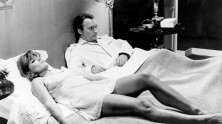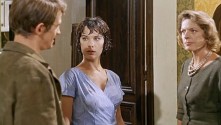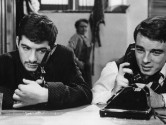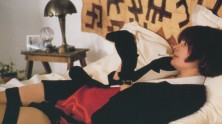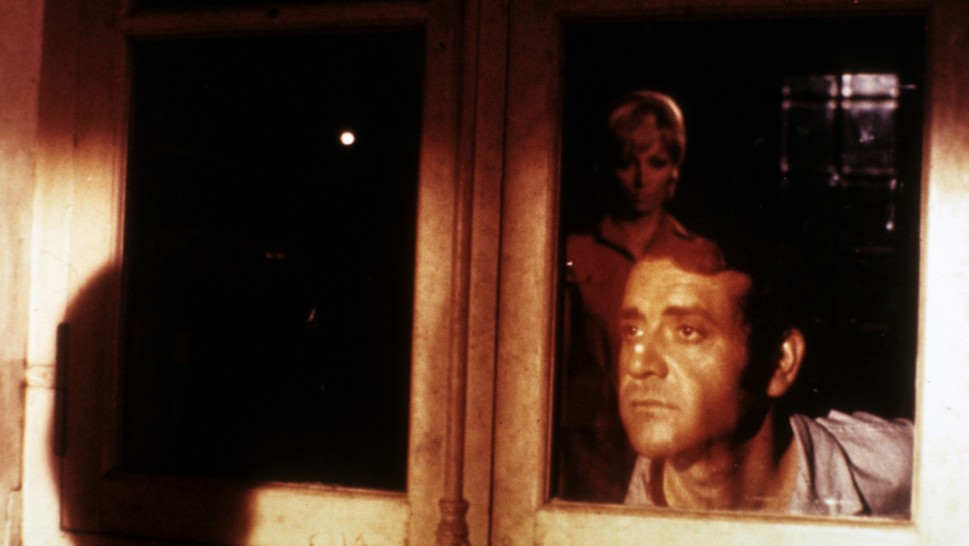
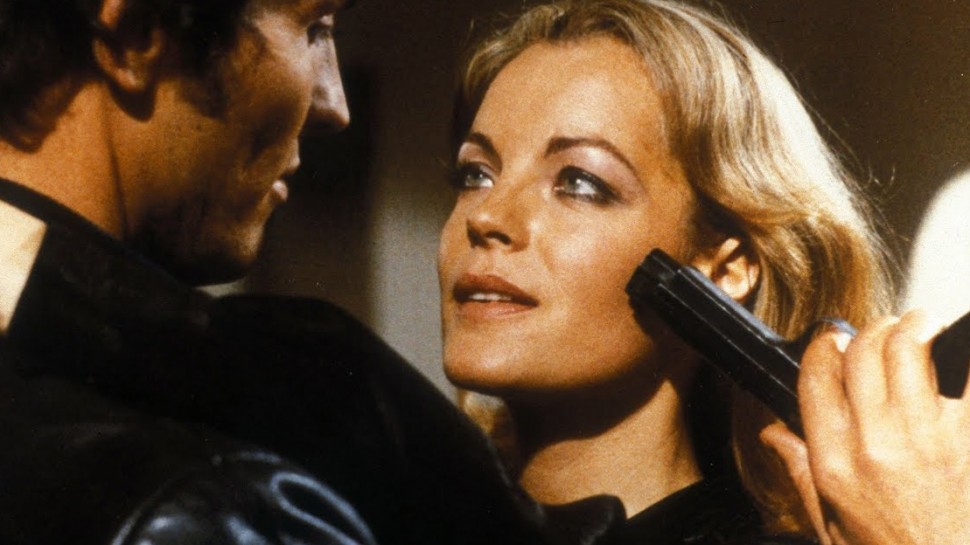
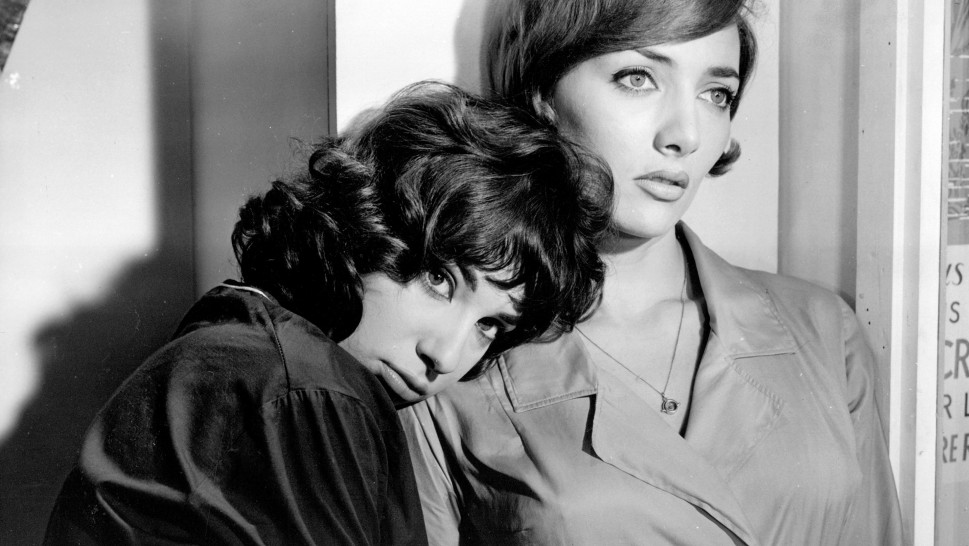
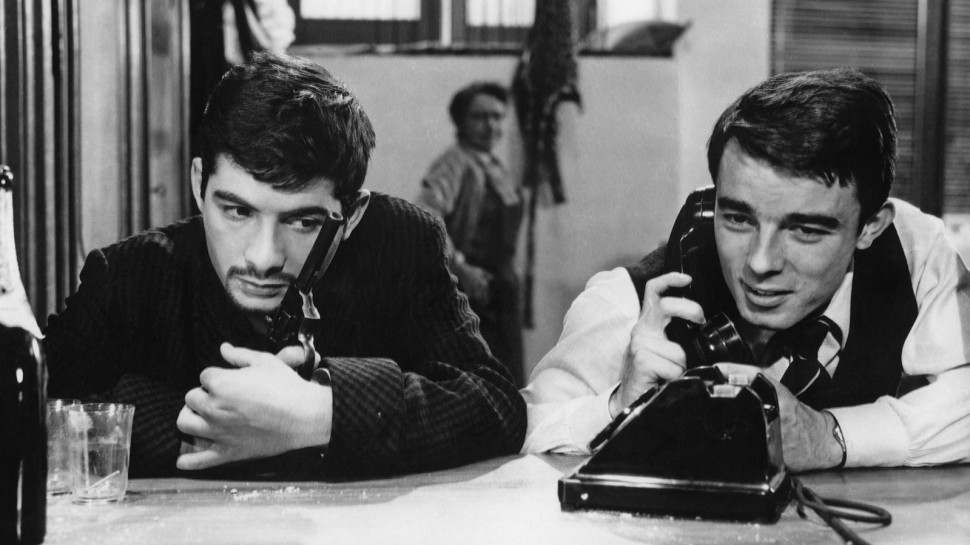
The Murderous Art of Claude Chabrol
Only months after the death of Eric Rohmer, the French New Wave lost another of its titans when Claude Chabrol (1930-2010) passed away last September. Easily the most prolific of the five leading New Wave directors (after Godard, Rivette and Truffaut), Chabrol remained ever true to the New Wave branch nurtured by genre cinema. While Rohmer pusued his own, unclassifiable path, Truffaut made his name through autobiographical films and period pieces, and Godard and Rivette embraced an increasingly experimental cinema, Chabrol steadily directed lean narrative films whose keenly observed realism typically drew inspiration from the suspense film and psychological thriller.
Chabrol was born into a wealthy family and studied law before deciding to devote his life to his greatest passion- the cinema. (In fact, Chabrol’s money underwrote some of the first films of his fellow New Wave filmmakers.) Supporting himself by working in 20th Century Fox’s Paris publicity office, Chabrol spent the rest of his time watching movies and, increasingly, writing about them before directing his first films in 1958. A run of successes that lasted into the following decade found Chabrol working with bigger stars and bigger budgets, a trajectory that led him to the brink of financial ruin in the mid-1960s and a quick retreat to relatively smaller, modestly budgeted projects. After a relatively fallow period from the late 1970s through the mid-1980s, Chabrol began a slow and steady resurgance with his second film starring Isabelle Huppert, Story of Women, a prolonged comeback that continued well into the 1990s and until his death.
Chabrol’s reputation as one of France’s great filmmakers rests first upon his films of the late 1950s and the late 1960s. Eschewing overt visual stylization, these films favor a cool, crisp classical style that makes clear Chabrol’s admiration for Fritz Lang. His other master was Alfred Hitchcock who inspired Chabrol’s ironic distance from his characters as well as his fascination with pathology and its roots in sexual (mis)behavior. Chabrol’s ability to work quickly and efficiently, combined with his constant return to the suspense and thriller genres, allowed him to remain both prolific and popular for decades.
The genre trappings served to lure audiences into films that were typically minutely detailed examinations of the middle and upper classes at their most petulant, mercurial, narcissitic and, at times, depraved. While one could read Chabrol’s work ideologically as a sly appraisal of patriarchy and bourgeois convention. Yet rather than ardent critique, the films offer chillingly calm exegeses of individuals crushed by the obdurate weight of convention and ironically cool assessments of the human capacity for unspeakable cruelty. Resisting any easy definition, or division between, good and evil, Chabrol’s films retain their power to charm and to chill. – Haden Guest
The series continues at ArtsEmerson where The Bridesmaid and La Rupture will screen on March 25 and 26.


